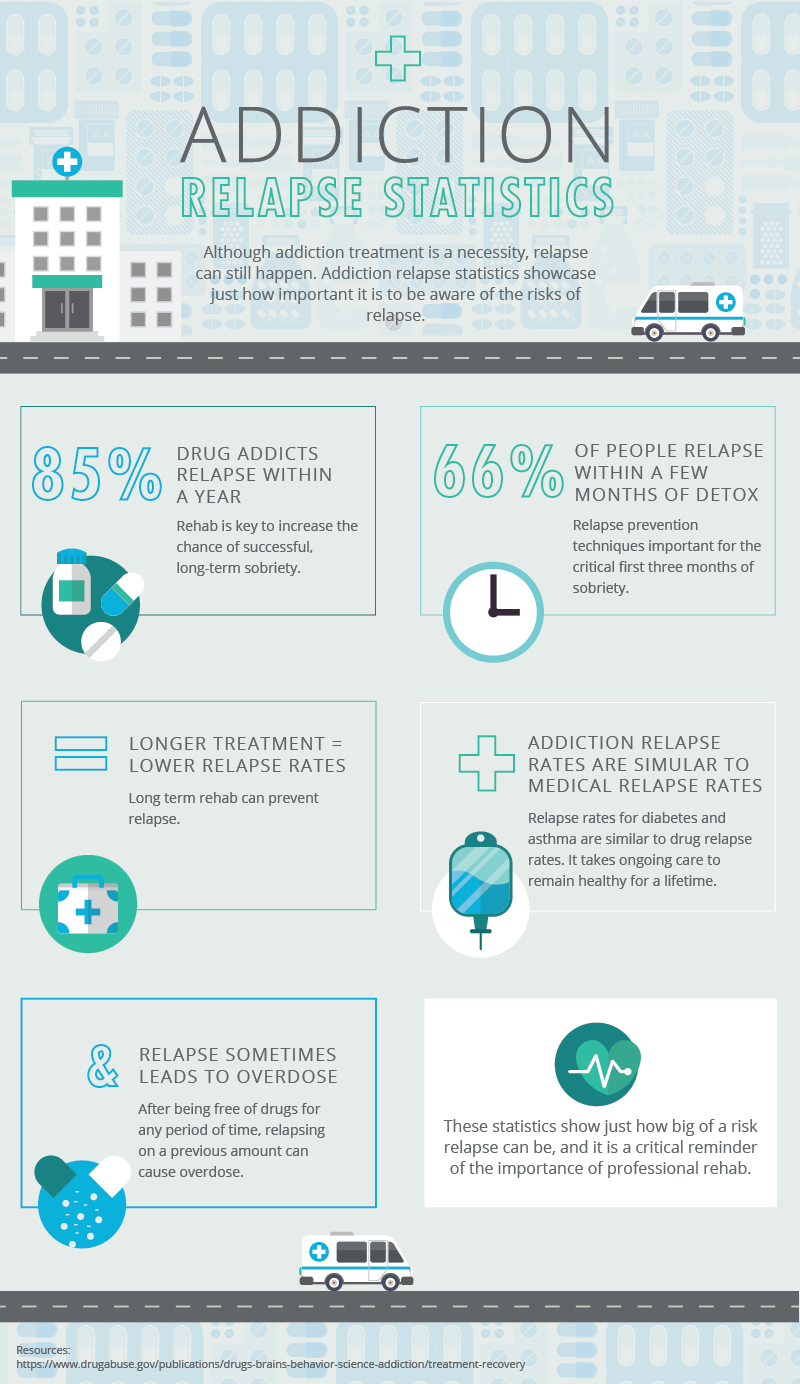Before, Throughout, And After Drug Rehab, Comprehending Exactly How To Help Your Liked One Can Transform Their Recovery Experience-- Check Out The Crucial Measures To Take On
Before, Throughout, And After Drug Rehab, Comprehending Exactly How To Help Your Liked One Can Transform Their Recovery Experience-- Check Out The Crucial Measures To Take On
Blog Article
Created By-Berman Duggan
Supporting a liked one with drug rehab can be tough, yet it's vital for their healing. You require to comprehend the procedure and be gotten ready for the emotional ups and downs. It begins with laying a strong structure before therapy and continues with their time in rehab and past. Exactly how you navigate this journey can make all the distinction in their recuperation and your relationship. Let's check out just how to efficiently provide that support.
Planning for Rehab: Laying the Groundwork for Support
Before your liked one gets in rehab, it's important to prepare yourself and your support network to guarantee they obtain the most effective treatment possible. Start by informing yourself about dependency, therapy alternatives, and the rehabilitation procedure.
Recognize the difficulties they'll encounter and the significance of a supportive atmosphere. Gather go now of friends and family that can supply inspiration and share obligations during this moment.
Develop open lines of communication with your loved one; let them understand they can trust you. Set boundaries to secure your very own wellness while being there for them.
Lastly, think about looking for specialist assistance for yourself to browse this emotional journey. Laying this groundwork will help develop a strong structure for their recovery.
Providing Support During Therapy: Remaining Connected
Remaining gotten in touch with your enjoyed one throughout their rehab journey is crucial, as it reinforces their support system and helps them feel much less separated. Regular interaction is key; send out uplifting messages or make brief phone calls to advise them you care.
Hold your horses and understanding, as they might be hectic with therapy or feeling mentally drained.
Take into consideration organizing gos to, if allowed, to show your support in person. Bring a favorable attitude and pay attention proactively, allowing them to share their thoughts and sensations.
Urge them to express their obstacles and triumphes without judgment. Your constant presence throughout this time around can empower them to remain dedicated to their recovery and remind them they're not alone in this journey.
Navigating Life After Rehabilitation: Continuing the Trip Together
As your liked one changes back right into day-to-day life after rehabilitation, it's necessary to continue to be actively involved in their recuperation trip.
https://zenwriting.net/gordon1damon/make-educated-options-concerning-your-loved-ones-recovery-by-analyzing-key by checking in frequently and developing a secure room for them to share their feelings. Help them develop a daily regimen that consists of healthy behaviors, such as exercise and balanced dishes.
Attend support groups together, which can reinforce their commitment and provide a sense of community.
Hold https://blogfreely.net/dirk44hershel/the-importance-of-therapy-and-therapy-in-effective-drug-rehabilitation and recognize that obstacles might occur; deal confidence and remind them of their development.
Commemorate turning https://squareblogs.net/eddy539delma/comprehending-the-right-alcohol-therapy-program-key-insights-for-family-members , no matter how little, to boost their self-confidence.
Conclusion
Sustaining a loved one with their rehabilitation journey is critical for their recuperation. By preparing before treatment, staying attached throughout their time in rehabilitation, and being there for them later, you can help them browse the difficulties they deal with. Remember to focus on open communication and self-care, also. Your support and understanding can make a significant distinction in their recovery procedure. Together, you can build a brighter future and foster lasting positive change in their life.
